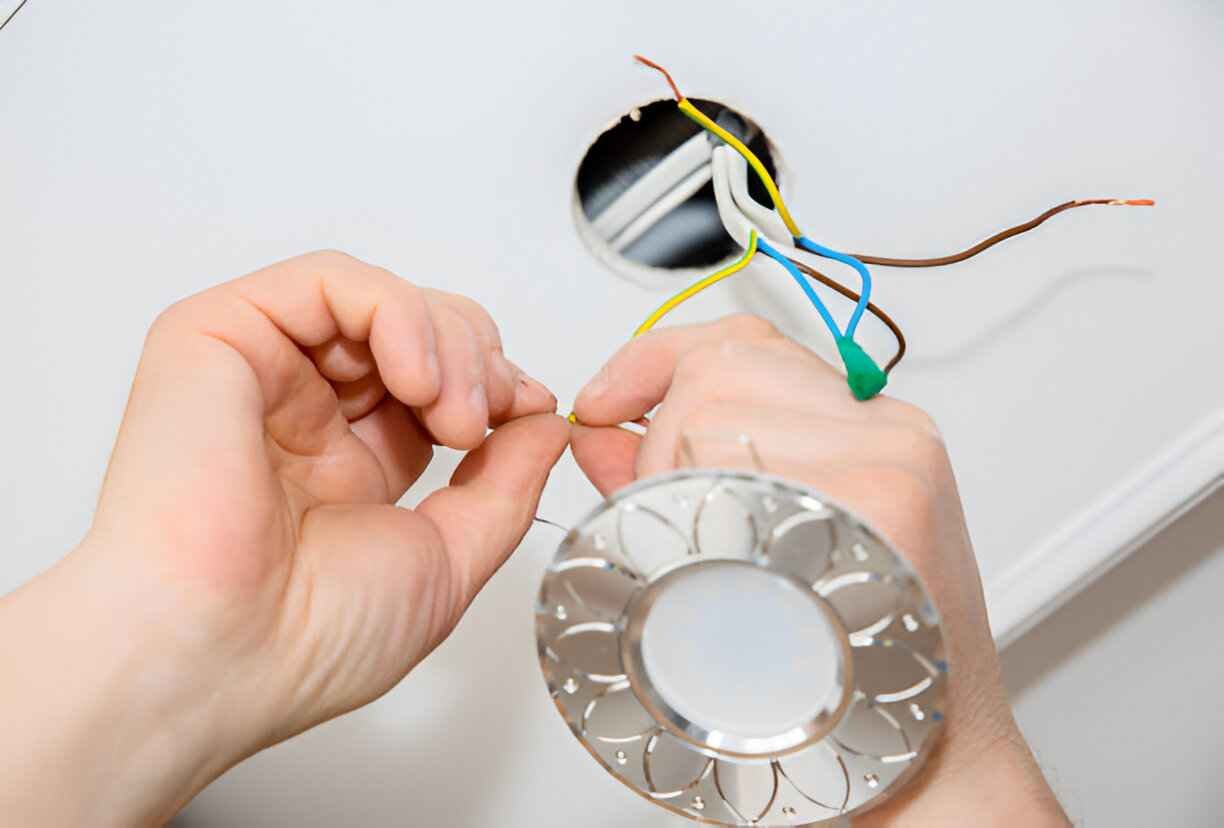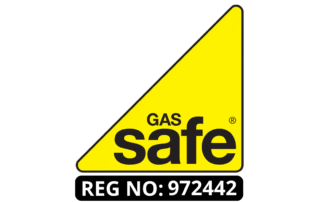
Installing a fire alarm system in your home is one of the most reliable ways to protect your loved ones and ensure their protection in case of an emergency. These alarms serve as an early warning mechanism, detecting smoke or fire before it becomes a life-threatening situation. While many people acknowledge their importance, understanding which system to choose and how to install it properly can be overwhelming. What should you consider to ensure your family receives the best protection possible?
Key Takeaways
- Place fire alarms strategically in bedrooms, hallways, and living spaces to ensure timely detection during any risk.
- Select the appropriate kind of fire alarm system, such as innovative or integrated models, depending on your home.
- Test and maintain fire alarms with consistency and replace them every ten years as advised by safety authorities.
- Make sure everyone in your house knows what each fire alarm sound indicates, and rehearse escape plans to stay prepared for emergencies.
What Is Fire Alarm Installation and Why Does It Matter?
Fire alarm installation system involves setting up devices designed to detect smoke, heat, or flames, triggering an alert system to notify occupants of danger. These systems include heat sensors and control panels, all of which work together to provide early warning during a fire emergency.
In both residential and commercial fire alarm installations UK, compliance with the safety codes and regulations is non-negotiable. These systems aren’t just about ticking boxes; they save lives and reduce property damage by enabling swift evacuation and quicker response from fire services.
In addition to providing immediate protection, fire alarms contribute to the development of a proactive protection culture, prompting individuals in the home to stay safe and ready for any potential emergencies.
Why Every Home Needs a Fire Alarm System
It’s easy to overlook fire alarm systems until you need one. A properly installed fire alarm system acts as a vital early detection tool, sounding the alarm before any emergency goes out of control. Moreover, home regulations often mandate fire alarm installations, especially in rental or multi-occupancy properties. Searching online for services like “fire alarm installation near me” or “fire alarm installation London” can help you find trusted professionals in your area. Landlord safety certification provides the most reliable service across London.
Locating a reliable alarm doesn’t just make your home safer; it also adds to its value. With increasing emphasis on safety standards, ignoring fire alarm installation could have serious consequences. Simply put, it’s not just a safety precaution. It’s a responsibility.
Exploring the Different Types of Fire Alarm Systems
To choose the right Alarm systems for your home, it’s essential to know the available options:
1: Conventional Fire Alarm Systems
These systems split the building into individual zones, placing detectors in each one to help pinpoint where a fire might be starting. When an alarm triggers, you know the general area affected, though not the exact device.
2: Addressable Fire Alarm Systems
These are more advanced, assigning each detector a unique address. This makes it easier to pinpoint the source of the alert, saving crucial time during an emergency.
3: Detection Technologies
- Ionization Detectors: Respond quickly to fast-burning, flaming fires.
- Photodetectors: Highly responsive to the kind of smoke generated by low-flame, smoldering fires.
4: Integrated Systems
These systems integrate fire detection with other safety features, including emergency lighting, to provide comprehensive protection.
Understanding these categories helps you make an informed decision tailored to your home’s unique requirements.
How to Install a Fire Alarm: All Guidelines Below
A well-installed fire alarm can mean the difference between a close call and a tragedy. Here’s a general overview of the whole process:
- Evaluate the property: Identify high-risk areas, such as kitchens, bedrooms, hallways, and staircases.
- Select the right system: Consider the home’s size, floors, and occupancy to know whether you need a basic or advanced system.
- Mount the detectors: Use the manufacturer’s directions to install brackets on ceilings or high walls securely.
- Wiring the System: For hardwired setups, join all wiring according to the provided diagram, ensuring a solid or interference-free link.
- Testing alarms: When installed, thoroughly check the detectors for smoke responsiveness and sound output to confirm everything works properly.
Fire Safety Laws and Installation Requirements in the UK
Fire safety laws play a significant role in shaping how alarms must be installed in UK homes. Local councils and national regulations require smoke detectors to be installed on every floor or in all sleeping places.
For example, UK law often stipulates:
- Smoke alarms on every level of the home.
- Heat alarms in kitchens.
- Carbon monoxide alarms near fuel-burning appliances.
In many newer homes, alarms must be hardwired and interconnected, so if one triggers, they all sound.
Homeowners should also consult the National Fire Protection Association (NFPA) and UK fire safety guidance to ensure ongoing compliance. Failing to meet these standards may not only compromise safety but can also lead to fines or complications with insurance claims.

Why Testing and Commissioning are Important
A fire alarm system is only the first step. Regular commissioning ensures the system is functional when you need it most.
Here’s how to conduct adequate testing:
- Visual Check: Ensure each device is correctly placed and firmly mounted.
- Purposeful test: Press the test button to confirm that both the alarm sound and the flashing lights are working correctly.
- Battery Test: Check battery life and replace old batteries annually.
- Interconnectivity Test: Make sure that all linked alarms trigger together.
- Record Keeping: Log each test and result to document compliance and for future reference.
Testing not only verifies performance but also builds confidence that your system will work when it truly matters.
Why You Should Hire a Certified Fire Alarm Installer
According to BS 5839-1, you must get your fire alarm installation inspected annually. While DIY installations are possible, hiring a certified engineer is strongly recommended. A qualified installer understands fire safety regulations, integration, and optimal placement, all essential to building a convenient defense against any fire risk.
Certified installers also:
- Reduce the risk of installation errors.
- Offer guidance on the best system for your home.
- Provide warranties and ongoing support.
- Ensure compliance with local laws and insurance requirements.
Choosing a certified installer isn’t just about convenience; it’s a decision that can save lives.
Fire Alarm Installation Costs: What to Expect
Fire alarm installation cost varies depending on several key factors:
- Type of System: Basic battery-operated units are generally more affordable, while interconnected or intelligent alarms tend to be more expensive.
- Property Size: Larger homes require more units, which increases the overall cost.
- Wiring Needs: Hardwired alarms may involve more labor and materials.
- Professional Fees: Certified installation services incur additional charges, but they ensure long-term reliability.
- Ongoing Maintenance: Some companies offer service packages for regular checks and battery replacements.
Generally, you can expect to pay anywhere from £200 to £500 or more, depending on your choices.
When to Replace or Upgrade Your Fire Alarm System
Even the best fire alarm system needs updating over time. Most detectors should be inspected every year. If your system frequently gives false alarms or malfunctions, it’s a sign that an upgrade may be necessary.
New technologies, like smart smoke alarms that send mobile alerts, provide added peace of mind. You should also consider upgrading if:
- You’ve renovated your home or added rooms.
- You’re moving into an older property.
- Has there been any fire-related incident in your home?
Staying current with industry developments ensures your home remains protected with the best available tools.
Frequently asked questions.
Final Thoughts
Home fire alarm installation isn’t just a precaution; it’s a vital part of protecting your family and property. By understanding the types of systems available, staying compliant with local laws, and scheduling routine maintenance, you create a safer living environment. Investing in a professionally installed, properly maintained alarm system provides not just safety but also peace of mind that you’re prepared for the unexpected.








